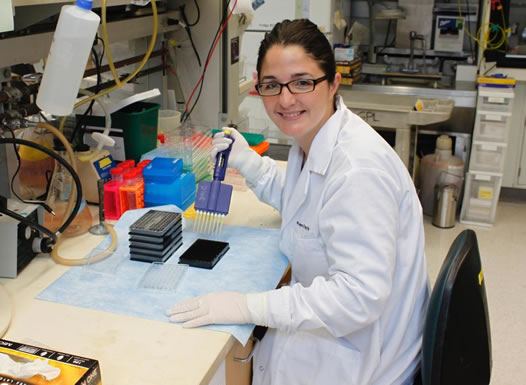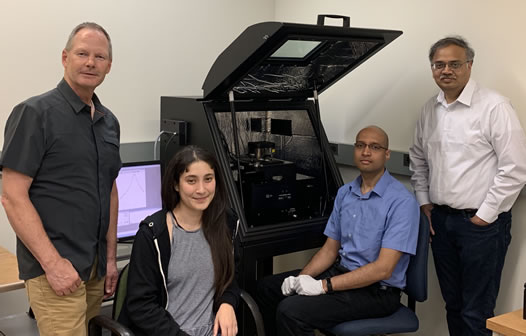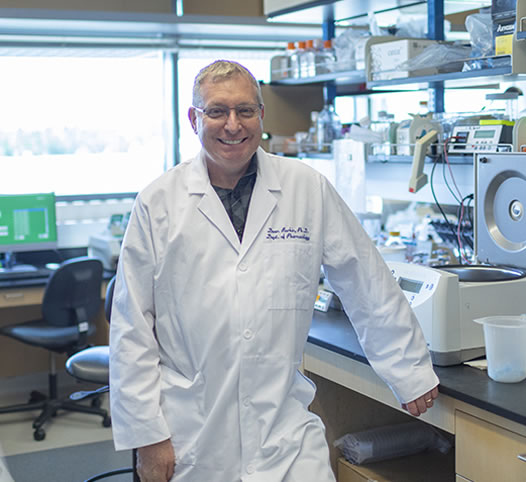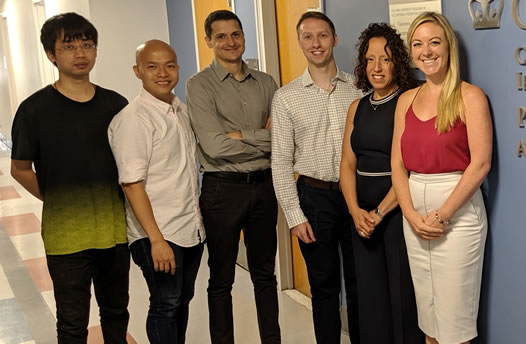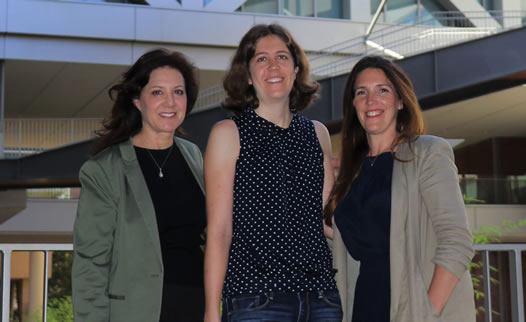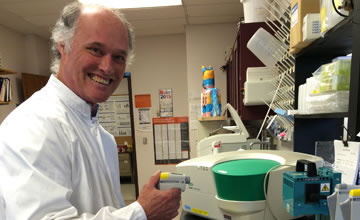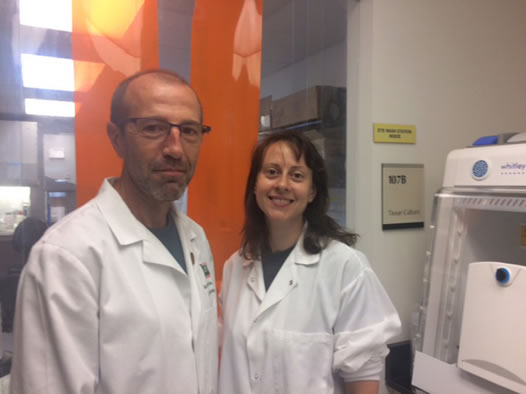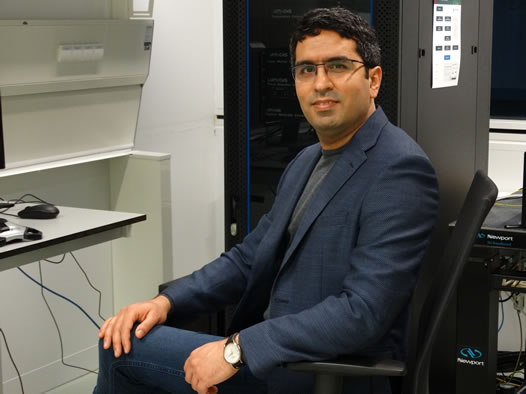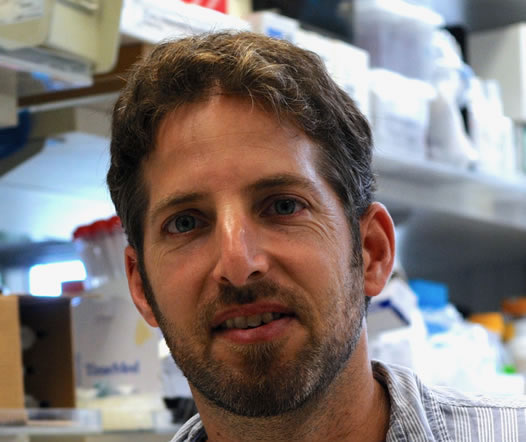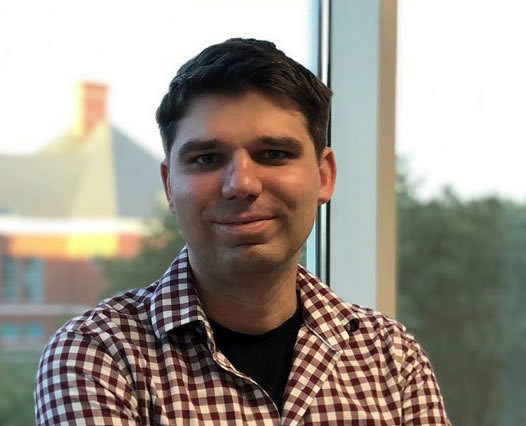
"If we determine that DNA damage is a major cause of developing this form of muscular dystrophy, this will open up a new area of research for testing various therapeutic avenues. Many pharmacological treatments are currently being developed or in clinical trials to target DNA damage repair, mainly within the cancer field, which would facilitate the potential for rapid bench-to-bedside implementation."
Tyler Kirby, PhD, a postdoctoral fellow in Cell and Molecular Biology at Cornell University, was awarded an MDA development grant totaling $210,000 over three years to explore the novel hypothesis that activity of a DNA repair protein, DNA-dependent protein kinase (DNA-PK), is a primary driver of Emery-Dreifuss muscular dystrophy (EDMD).
Laminopathies are caused by mutations in the gene that codes for nuclear envelope proteins lamin A and C, which line the nucleus of the cell and give it structure. While lamin A/C is found in almost every cell type, most mutations affect only muscle tissue, causing a subset of muscular dystrophies, one of which is EDMD. In EDMD, mutations in the gene for lamin A/C make muscle cell nuclei and DNA vulnerable to damage, which starts activation of DNA repair. Previously, Dr. Kirby found that limiting the activity of a specific DNA repair protein, DNA-PK, using drugs already in clinical trials significantly improved the health of mutant muscle cells.
In this work, he will test the role of DNA damage on disease progression in both in vitro (in a petri dish) and in vivo (animal) models, as well as determine how DNA damage may lead to death of muscle fiber. Specifically, he will assess DNA damage across the spectrum of disease and measure the toxic effects of increased DNA-PK activity, including to metabolic and mitochondrial function.
https://doi.org/10.55762/pc.gr.84537
Grantee: EDMD - Tyler Kirby, PhD
Grant type: Development Grant
Award total:
Institution:
Country:

